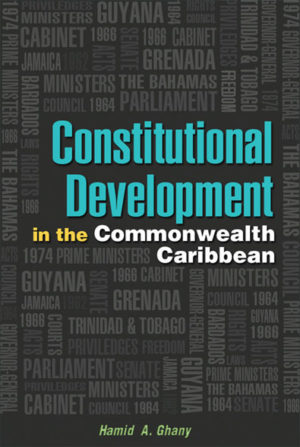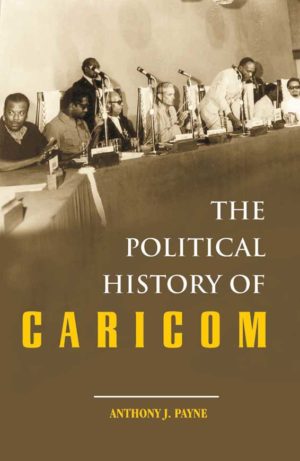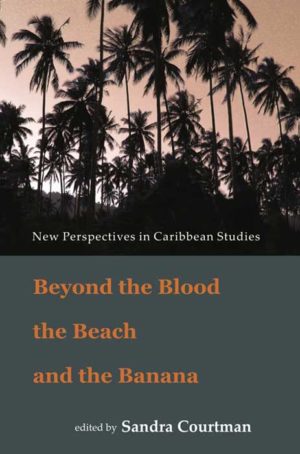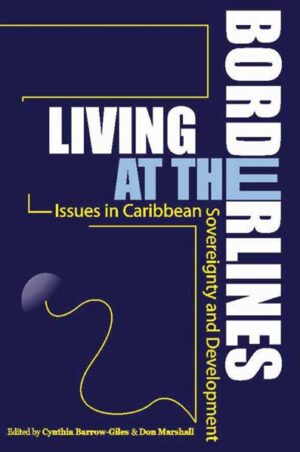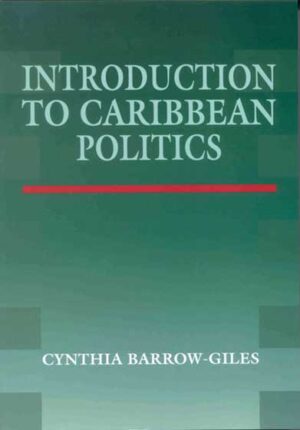Description
Elections and Governance – Jamaica on the Global Frontier is presented in two books: The Colonial Years, 1663 to 1962 and The Independence Years, 1962 to 2016. Together, they sketch elections and governance in Jamaica as a colony within the British Empire and as a nation-state from 1663 to 2016. Being on the global frontier locates Jamaica in the practice of elections and governance within the Western world but from the perspective of peoples subordinated in that world yet resolutely defiant of domination because of their firm embrace of freedom.
The Independence Years chronicles how the nation-state has struggled with its colonial history. It highlights the dilemma of winner-take-all governance; the inherent flaws of democracy in its umbilical connection with elections, in that elected representatives can constitutionally and legally appropriate the sovereign power of the people; and outlines Jamaica’s unique attempt to resolve the paradox sustained so far by the electorate and elected representatives. The Independence Years identifies limits of elections and the political process in decolonization, subversive effects of some successful forms of resistance of colonialism and slavery to building a viable state, moral society, and authentic democracy, as well as the risk of regression to oligarchy. It challenges the Jamaica Umbrella Group of Churches, starting with itself, to take the lead in continuing transformation of the Jamaican nation while avoiding nationalistic Christianity.
About Author
Errol Miller is a leading Jamaican educator with a distinguished career spanning private and public service over five decades and has received numerous awards internationally for his work. He has been a high school science teacher; university lecturer in science education; college principal; university professor, chancellor of a university college, permanent secretary in the Ministry of Education; independent senator in the Parliament of Jamaica; a president of the teachers’ association; a chairman of the board of the state broadcasting corporation; a researcher; an author; an international consultant; chairman and member of several school and college boards.
Contents
List of Tables
Prelude by The Most Honourable P. J. Patterson
Foreword by The Honourable Bruce Golding
Acknowledgements
Acronyms and Abbreviations
- The Birth of the Jamaican Nation and Its Antecedents
- Falsehoods, Gerrymandering, Boycotts, and State of Emergency
- The Inherent Flaws of Democracy: Jamaica’s Unique Remedy
- The EAC in Its Infancy: Jamaican Democracy Tested to Its Core
- Positive Consequences of Complacency, Division, and a Battle Royal over Politicians on the EAC and on Consensus
- The NDM, Beta Tests of EAC Inventions, and the Reputational Cost to Selected EAC Members
- Engaging the People in the Nitty-Gritty of Electoral Reform…178
- The EAC, 2002–2006: Achieving Its Mission and Causing Its Demise
- The Transition to the Electoral Commission: The 2007 General Elections and the Dual Citizen Saga
- Advancing Electoral Reform and Contending with the Bastions of Power
- The 2011 General Elections and Continued Assault on the ECJ
- Jamaica’s Unique Democracy Sustained by Factions Supporting the ECJ
- Disillusioned Liberals, the 2016 General Elections, and US Comparisons
- Consolidating Electoral Reforms and Expanding Jamaica’s Zeitgeist of Governance
- Paradoxical Global Rankings, Existing in the Orbit of US, and Freedoms as Choices
- A Fresh Blasphemy for Godly Society and Bread


